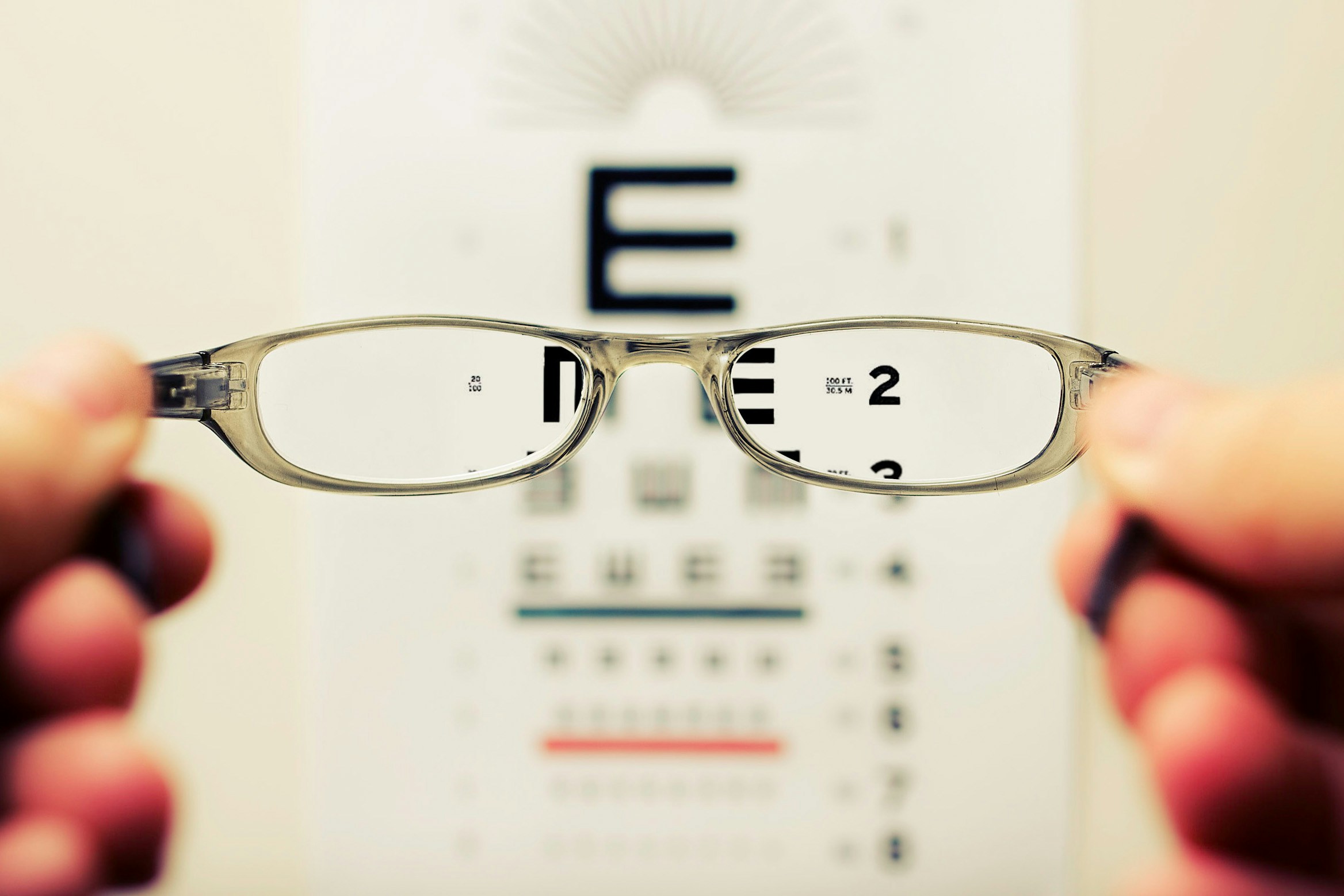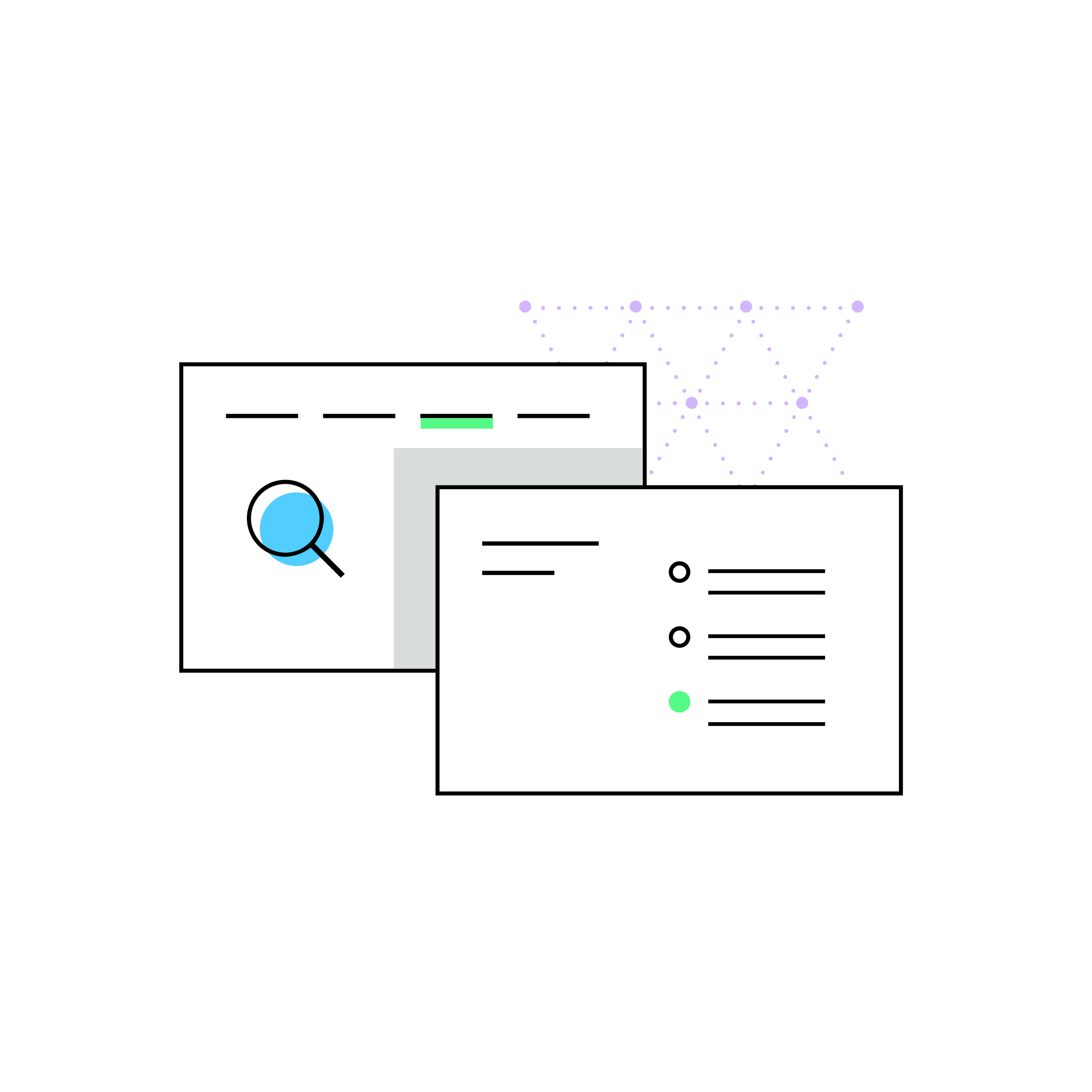Online pharmacies and sales tax
by March 11, 2024
Please note: This blog was originally published in 2021. It’s since been updated for accuracy and comprehensiveness.
The days of stopping by the pharmacy every month to pick up a prescription are becoming a thing of the past as online drug stores become more ubiquitous. According to Statista, online pharmacy adoption grows every year. Though statistics for the year 2020 aren’t available yet, I’d wager that the pandemic sent even more patients online rather than risking picking up their prescriptions in-person.
So, as an e-commerce business that sells prescription drugs and other pharmaceutical products, what do you need to know about sales tax? Let’s dig in.
Are the products you sell in your online pharmacy taxable?
Prescription medication is non-taxable in all U. S. states except for Illinois, which taxes all medication (prescription or non-prescription) at a reduced rate of 1%.
But perhaps your pharmacy sells nonprescription medication, medical supplies, or other items, as well. Whether or not these additional items are taxable depends on the state.
In the U.S. forty-six states and Washington D.C. all have a sales tax, and each state gets to create its own laws and regulations around which items are taxable and which are tax exempt. This means that if you sell a prescription drug to a buyer in Texas you are not required to collect sales tax, but if you sell the exact same drug to a buyer in Illinois you are required to collect that 1% sales tax.
Sales tax on nonprescription drugs and various medical supplies vary even more wildly. Nonprescription drugs (purchased without a prescription) are taxable in most states, but with exceptions in a handful of states including Florida and New York.
See a list of prescription and nonprescription medication taxability by state here.
Medical supplies can be even tricker. Supplies like hand sanitizer and bandages are taxable in most, but not all states, while other medical supplies like hearing aids or hearing aid batteries are taxable in a handful of states but non-taxable in most others. Some states make a distinction between supplies billed to Medicare or Medicaid and supplies bought directly by an individual.
And then there are dietary supplements, which are often, but not always, taxed like grocery food. This could mean that they are totally non-taxable if the state has ruled food items non-taxable, or they could be totally taxable or taxed at a reduced rate.
All this is to say that operating an online pharmacy can open you up to a whole host of sales tax questions.
TaxJar is here to help. At TaxJar, we maintain a thorough list of product tax codes. Just label your product with the right code – whether it is “prescription medication” or “nonprescription hearing aid” and we will ensure that you collect the right amount of sales tax from every customer, no matter how the state taxes these items.
And speaking of states…
Where is your online pharmacy required to collect sales tax?
Where you are required to collect sales tax depends on where your online drug store has sales tax nexus.
Nexus is just a fancy Latin way of saying a tie to a state. Business activities that create nexus include:
- Having an office, store or other location in a state (even a home office)
- Having an employee, salesperson, contractor, etc. in a state
- Owning a warehouse or storage facility in a state
- Storing inventory in a state (such as in an Amazon FBA warehouses or other 3rd party fulfillment center)
- Having a 3rd party affiliate in a state
- Temporarily doing physical business in a state for a limited amount of time, such as at a trade show or expo
- Economic nexus – Making a certain amount of sales in a state (either a certain dollar amount or a certain number of transactions)
If your business has nexus in a state, that means you are required to register for a state sales tax permit and collect sales tax from customers in that state.
Nexus example
Say your business is headquartered in the Twin Cities in Minnesota, has warehouses full of inventory in Kentucky and Nevada, and has employees at a customer service center in Florida. Your business would have “nexus” in all of the above states and thus be required to collect sales tax from buyers in those states.
Economic nexus, a relatively new sales tax paradigm, throws an additional wrench in the works. With economic nexus, if you exceed a state-mandated sales or transaction threshold, you may have nexus in that state, too. For example, California law mandates that online businesses who make $500,000 in sales into the state in the previous or current year have economic nexus. Many other states have lower thresholds, generally $100,000 in sales and/or 200 transactions. (You can see each state’s economic nexus threshold here.)
So if your business meets the economic nexus thresholds in more states, then you are required to register for a state sales tax permit and collect sales tax from buyers in those states, too.
How to Determine if you Have Economic Nexus in a State
There’s no need to dig through your books and each state’s individual economic nexus laws. TaxJar is here to help. Our Economic Nexus Insights Dashboard shows TaxJar customers where you currently have economic nexus based on each state’s unique law. Further, we’ll show you where you are approaching economic nexus so you can make informed decisions about your sales tax liability.
Ready to get started? Find out more about how TaxJar works.
My online drug store has sales tax nexus. Now what?
Once you’ve determined where you are required to collect sales tax, the next step is to register for a sales tax permit with each state.
You can register yourself using TaxJar’s state sales tax registration guides, or have a vetted sales tax expert do it for you.
Don’t skip this step! It is unlawful to collect sales tax without being registered with the state.
Once you are registered, your state will assign you a filing frequency. These are usually monthly, quarterly or annually based on sales volume. I.e. the higher your sales volume in a state, the more often they will require that you file and remit sales tax.
Once your sales tax due date rolls around, it’s time to file a sales tax return. This can be especially tricky for online pharmacies due to the fact that they sell so many different types of taxable and non-taxable products. That’s where TaxJar comes in.
With TaxJar AutoFile, all you need to do is connect all of your online shopping carts and we’ll file your sales tax returns for you on time, every time. Most states’ manual sales tax filing process is complicated when you sell non-taxable products or products taxed at a lower rate (such as dietary supplements taxed like grocery items). TaxJar automates the entire process so you can get back to growing your online drug store.
My pharmacy isn’t U.S.-Based. Do I still need to worry about U.S. sales tax?
It depends. While you may not have any employees or inventory in the U.S., depending on your sales volume to U.S. sellers you may still find that you have economic nexus. You can read more about what international businesses need to know about U.S. sales tax here.
Ready to automate sales tax? To learn more about TaxJar and get started, visit TaxJar.com.








